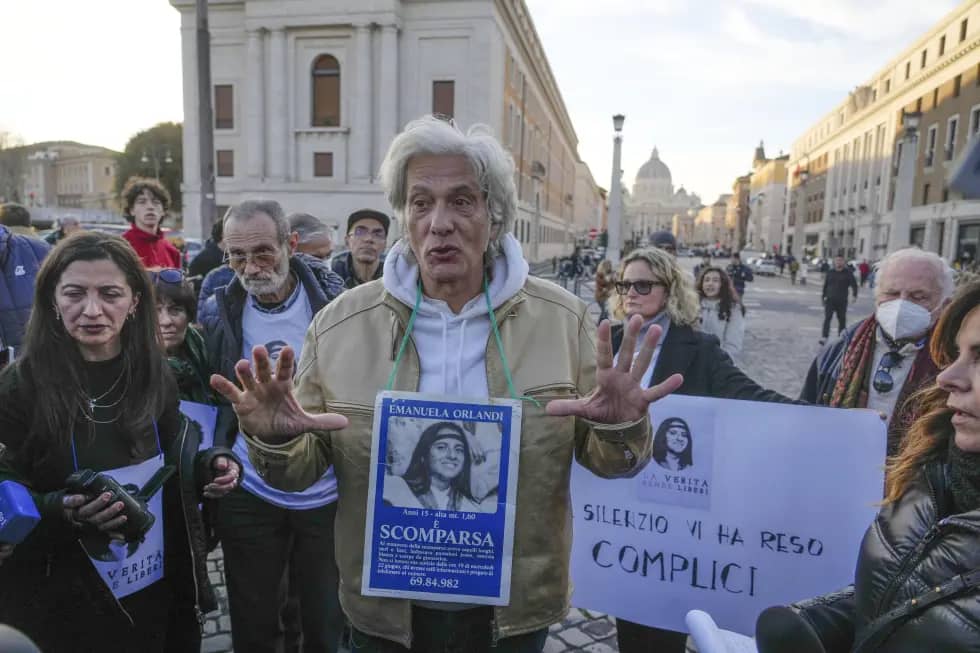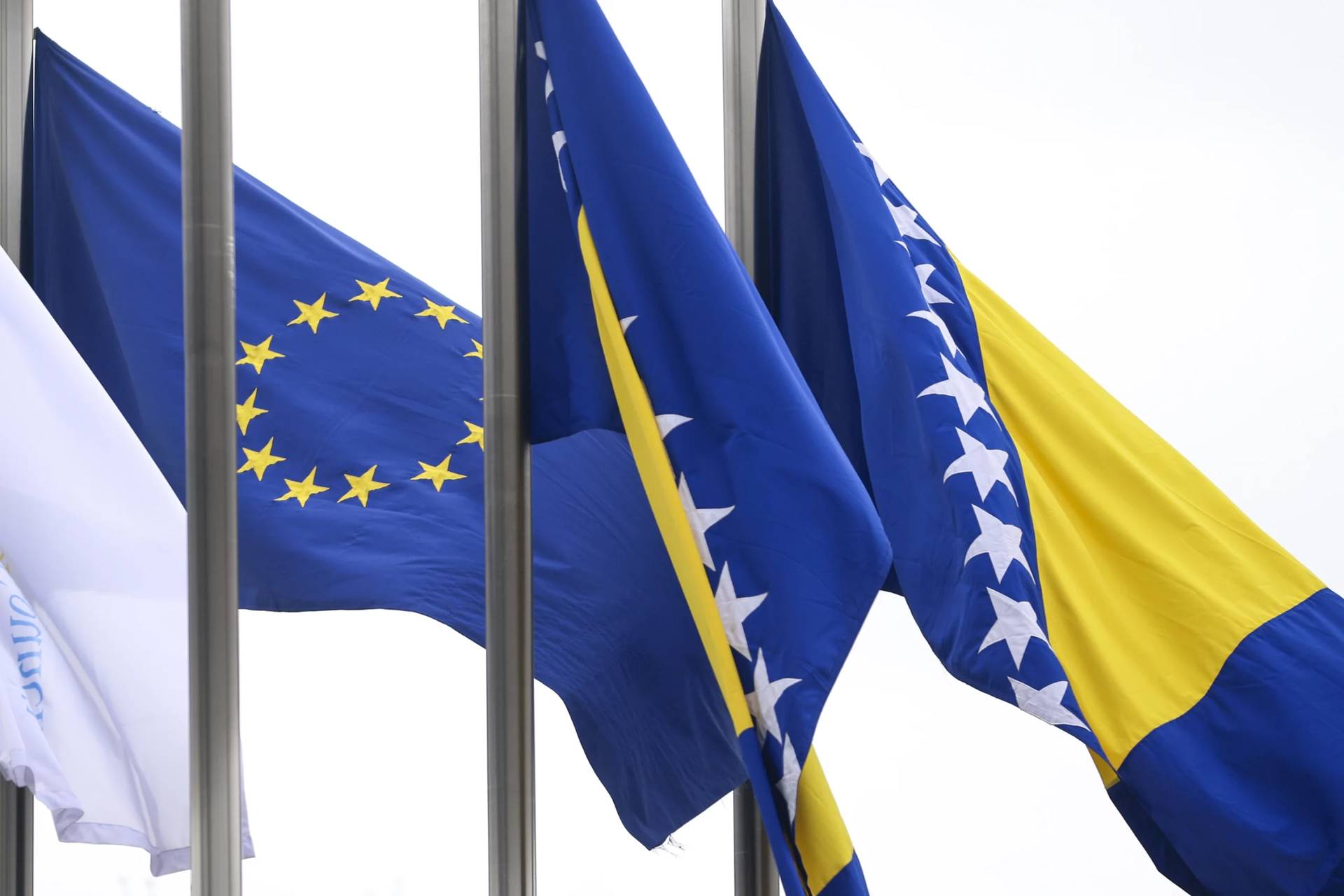An Italian bishop in the southern region of Basilicata is facing charges of embezzlement for arranging his first dose of the COVID-19 vaccine at a time when it was available exclusively to healthcare personnel.
According to local newspaper La Nuova del Sud, Potenza Archbishop Salvatore Ligorio has been charged by the Potenza prosecutor’s office with embezzlement for receiving his first dose of the Pfizer vaccine when it was still not available to the general population.
When Italy first began its rollout of COVID vaccines last year, they did it in stages, beginning with healthcare personnel and elderly or disabled people in assisted living homes, and then opening it to different age groups one at a time.
Ligorio, 73, would not have been eligible to receive the vaccine for several months when the Italian government began administering doses last January.
However, despite not being in the eligible group, he got the jab on Jan. 6, 2021, essentially “jumping the line” and getting it before he otherwise would have.
He and nine others, including the Don Uva center’s Medical Director Roberto Galante, and the nursing coordinator Francesco Sagaria, are being investigated for “vaccine cunning” by Potenza’s leading prosecutor, Francesco Curcio, for having received the dose out of turn.
Among those being investigated is also Sister Angela Maria Sabia, known as “Sister Carla,” who is accused of facilitating Ligorio’s vaccination. She is a member of the Sisters of Divine Providence, which runs the Don Uva center.
Founded by Father Pasquale Uva, who served as pastor of the Sant Agostino parish in Bisceglie, near Potenza, the Don Uva medical center was established Aug. 10, 1922, nearly 100 years ago.
According to Italian newspaper Il Fatto Quoditiano, Ligorio’s lawyer, Donatello Cimadomo, has presented a brief to prosecutors arguing that the archbishop’s early vaccination was not a “favor” awarded to him because of his status, but was rather done given his frequent presence, along with several religious, inside the medical center.
Cimadomo argued that the subsequent publication of a photo of Ligorio getting his jab was done as part of a larger strategy of using high-ranking Church personalities as “influencers” to urge Catholics to get vaccinated.
However, Curcio didn’t buy this version of events, and is contesting the argument, saying Ligorio wasn’t entitled to the vaccine at the time he got it, and should have waited his turn.
News of Ligorio’s troubles come as Italy, whose coronavirus infection rate dropped after a strict lockdown last spring, has soared with the arrival of the Omicron variant, surpassing 100,000 new infections per day with a daily death count rising above 300.
To combat the rapidly rising infection rate as citizens return to work and school after the Christmas and New Year’s holidays, the Italian government recently issued a string of new rules and restrictions, largely targeting the unvaccinated.
As of Jan. 10, proof of either full vaccination, including the third booster dose for those who are eligible, or recovery from COVID-19 is required to enter public transportation, cafes, bars, hotels, gyms and other highly frequented venues.
The new “super” Green Pass as requirement means simply showing a negative test result is no longer enough to access these services.
Additionally, in a move largely targeting vaccine opponents, Italian Prime Minister Mario Draghi recently made it mandatory for anyone over the age of 50 to be vaccinated or face significant fines, making it nearly impossible for the unvaccinated to access recreational activities and to use public transportation to get to work.
Citizens are also required to wear masks at all times while outdoors, specifically the Ffp2 mask, which is generally held to be more protective.
Starting in mid-February, those who refuse to comply with Draghi’s vaccine mandate for the over-50s face fines ranging from 100 euros ($113) to as high as 1,600 euros (nearly $1,800) if they enter their workplaces and are still unvaccinated.
Draghi has faced criticism over the decision, which comes amid Italy’s ongoing booster campaign, dolling out the extra jabs based on when the person’s last dose was received.
Follow Elise Ann Allen on Twitter: @eliseannallen
















